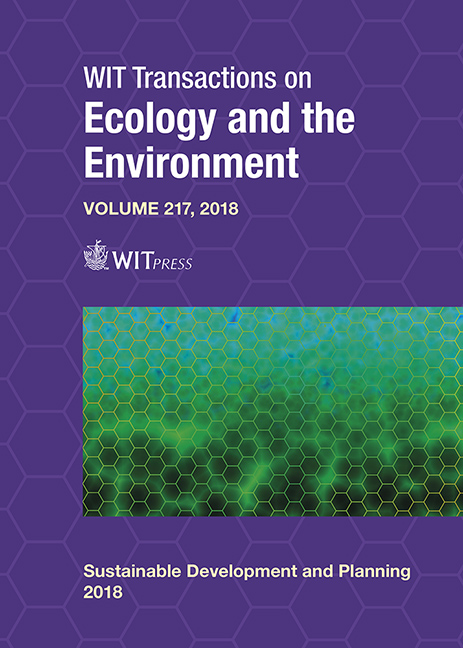CONTEXTUALISING MOBILITY VARIABLES
Price
Free (open access)
Transaction
Volume
217
Pages
9
Page Range
165 - 173
Published
2018
Size
454 kb
Paper DOI
10.2495/SDP180161
Copyright
WIT Press
Author(s)
LUISE NORING, ISABEL C. G. FRÓES, DITTE TELLGREN
Abstract
The project Cities-4-People focuses on co-designing transport and mobility in five distinct municipalities in Europe: Oxford (UK), Hamburg (DE), Trikala (GR), Istanbul (TR) and Budapest (HU). Despite cultural and geographical differences, these cities highlight the need to re-shape their infrastructure in order to improve citizens’ lives through better urban mobility. The key challenges in all five cities are those related to public and private transportation modes into how to better cater to citizens’ needs. To tackle some of these challenges, the project sets itself the task of bringing together key stakeholders to co-identify problems and target areas, followed by various activities and workshops to co-design future solutions. By bringing together municipalities, research institutions, transport authorities and citizens, Cities-4-People will create a model for cities on how to tackle similar issues, by applying the models developed during the project. The co-creation approach, aided by the proposed people-oriented transport and mobility (POTM) framework, focuses on tackling a number of challenges: how to bridge cultural norms and expectations through methodologies; how to accommodate key variables (such as geographical conditions) in the process; how to make sure the results are comparable and applicable in other urban contexts. This paper focuses on presenting how a structured framework to address these challenges early in the project process sets clear goals to be achieved when co-designing transportation and mobility services.
Keywords
Mobility, transport, urban governance, POTM, co-creation, citizen participation





